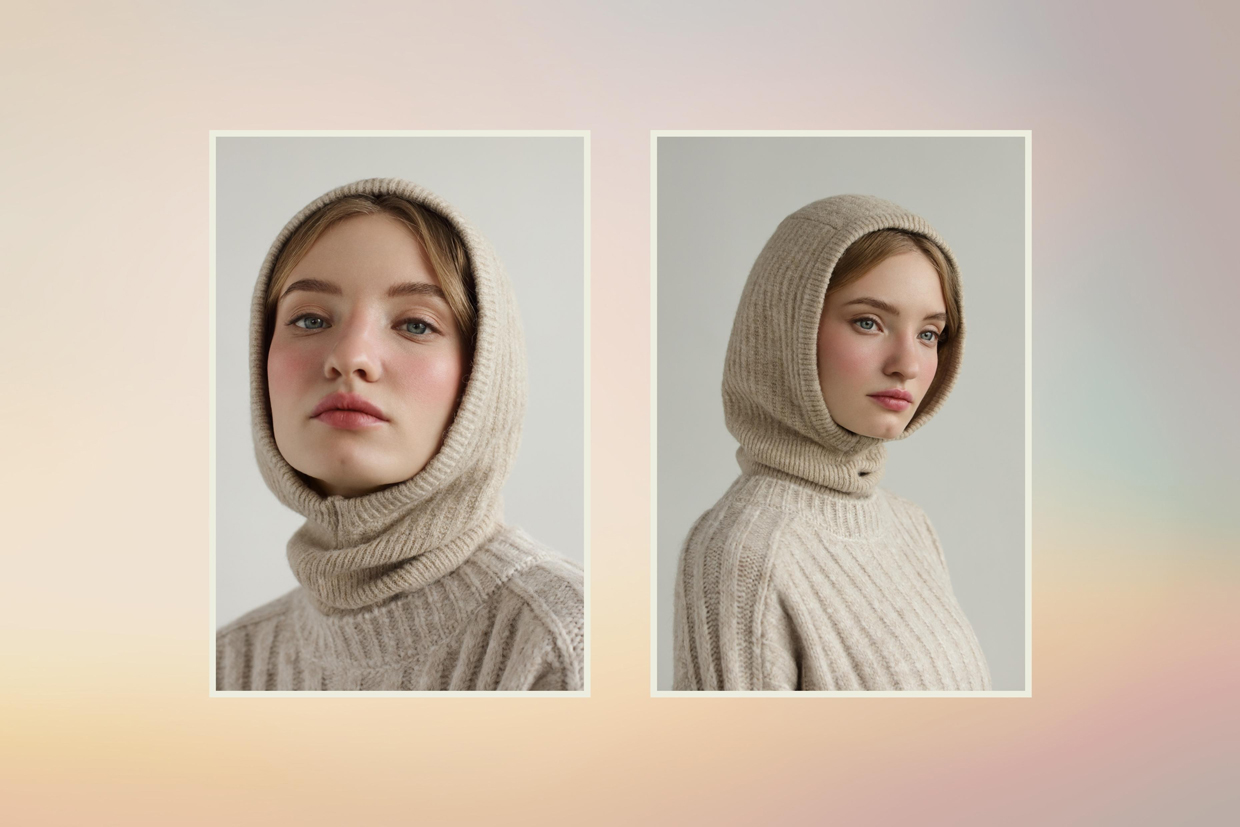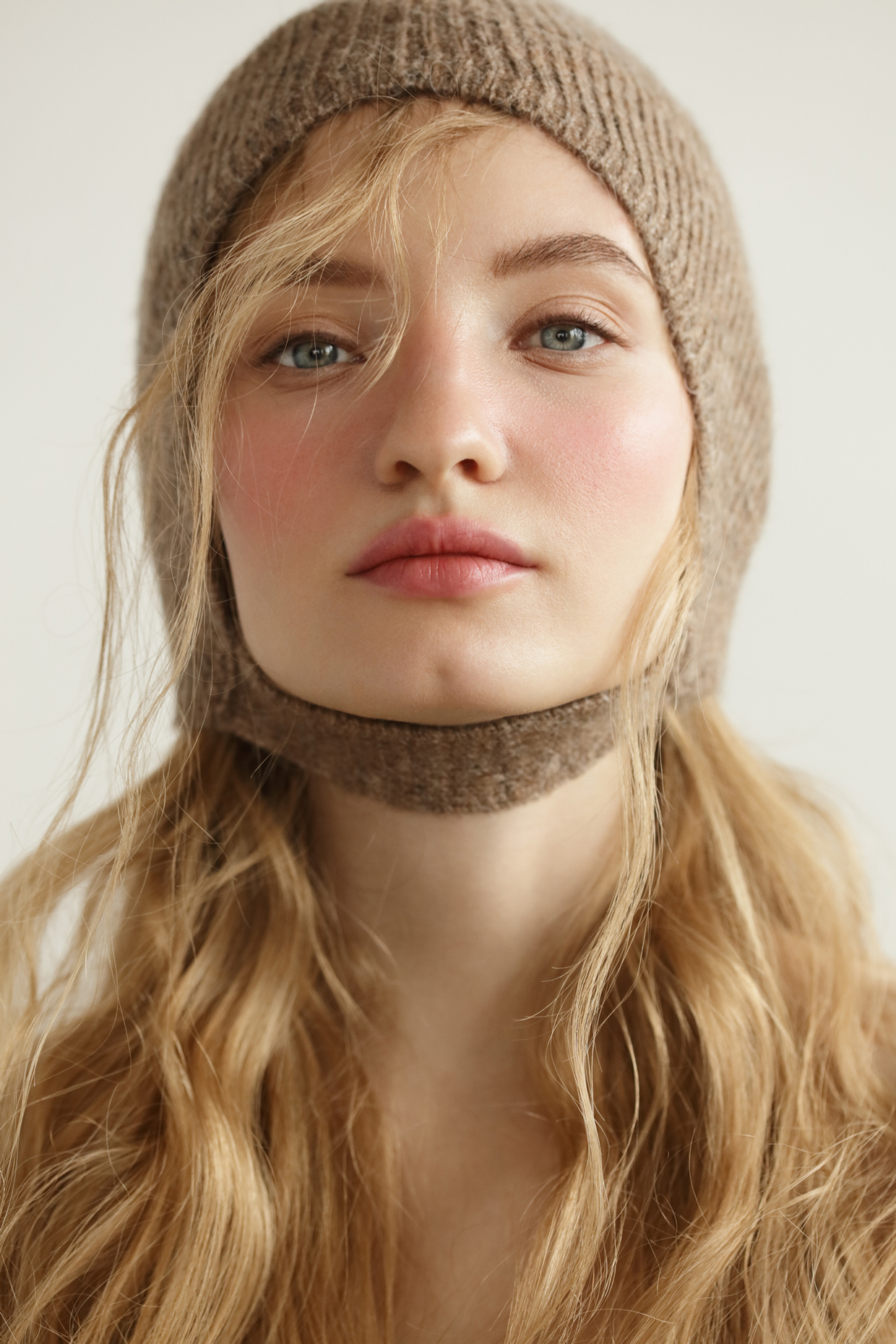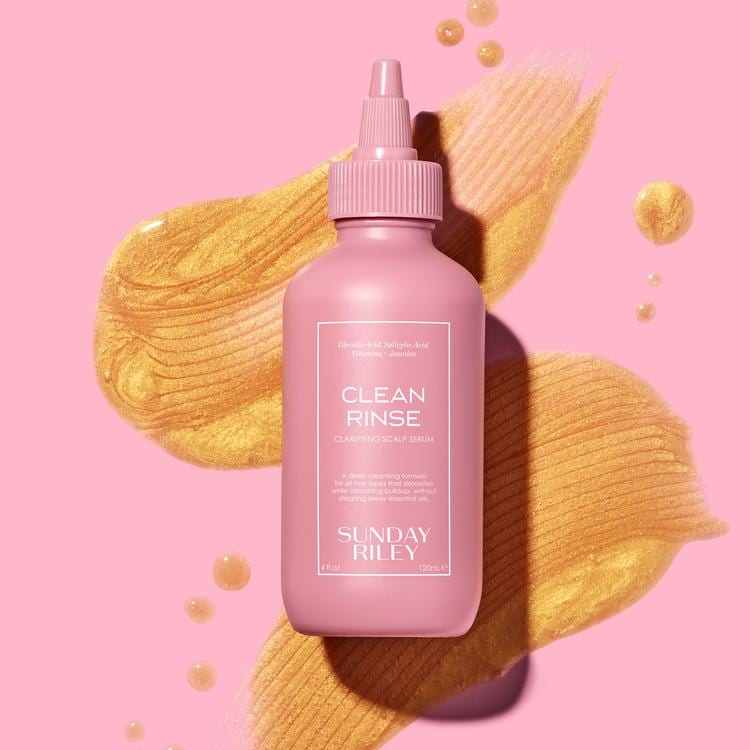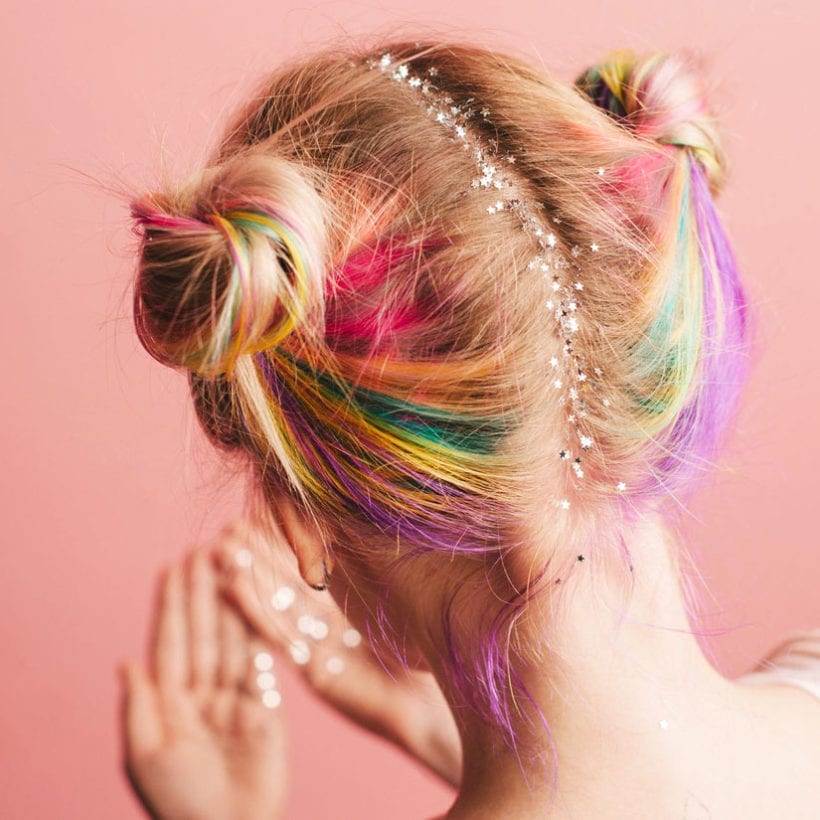When we think of wintertime beauty woes the first ones to come to mind usually are chapped lips and dry skin —but did you know that greasy winter hair is also a thing? As it turns out, the combination of cold temperatures, dry air, and seasonal stress can wreak havoc on our hair.
Meet the Experts
Paula Morgan, M.D., Ph.D., FRCPC, FAAD, is a board-certified dermatologist and medical advisor for BetterGoods.
Anabel Kingsley is a trichologist and Brand President of Philip Kingsley.
To help you better understand why your hair gets greasy in the winter, and what you can do about it, read ahead:
What causes greasy winter hair?
Getting down to what causes greasy hair can, in general, be frustrating (Was it the shampoo I used? Am I washing my hair too much? Too little?) In the winter, however, there are specific elements that work together to create the perfect breeding ground for greasy hair:
Cold, Dry Air
Perhaps surprisingly, the main reason why your strands may get greasy during the winter months is because of the season’s dry, cold air. “When the air is dry, your scalp’s natural sebum (oil) production increases in order to compensate,” explains Paula Morgan, M.D., Ph.D., FRCPC, FAAD, board-certified dermatologist and medical advisor for BetterGoods, “This can lead to an oily scalp and hair, as well as dandruff and flaking.” Dr. Morgan points out that people tend to touch and scratch dry scalps, which can further exacerbate the issue.
Seasonal Stress
If you noticed that your hair was greasier during and after the winter holidays, then you are not alone. Stress, caused by the holidays or the start of a new year, can seriously mess with your scalp’s oil production. This is because more stress equals higher levels of cortisol, the body’s main stress hormone. When cortisol rises in the body oil production kicks into overdrive, creating oily skin and a greasy scalp. “Stress can cause your scalp, and any skin for that matter, to produce more oil,” Anabel Kingsley, trichologist and Brand President of Philip Kingsley, says, “While not always the case, a lot of people find the holiday season a particularly stressful time.”
Bundling Up
Sure, fluffy hats and cozy beanies help complete the perfect winter outfit, but did you know that they can also cause greasy hair? “Sweating can contribute to greasier hair in the winter due to the hats and other headwear we use to keep warmer,” adds Dr. Morgan.

How to cut the grease
Greasy hair is never any fun and can be frustrating no matter the time of year you may experience it. Thankfully there are easy-to-apply tips out there that can help you in getting your hair balanced and back into tip-top shape:
Add Some Humidity Into Your Home
If you are someone who likes to crank the heat up in your home, then you may also know just how dry the indoors can get. Even though a warm room is an ideal place to spend cold winter nights, it is important that you make sure your home always has the right amount of humidity. Having a good balance of humidity will not only help keep your skin healthy but also can help you avoid greasy hair. “In many homes, the air is overly dry, and running a humidifier will help balance the humidity levels,” explains Dr. Morgan, “[this] in turn [has] a positive impact on the skin, and your hair.”
Opt for Breathable Headwear Fabrics
The next time you go shopping for winter accessories, such as hats, make sure you pick those that are made from breathable fabrics. This will help cut back on scalp sweating which can cause greasy, oily hair. “If you’re prone to sweating, try using a hat that is made from natural fibers like wool or cotton which allow the scalp to breathe,” shares Dr. Morgan.
Be Selective with Your Shampoo and a Scalp Treatment
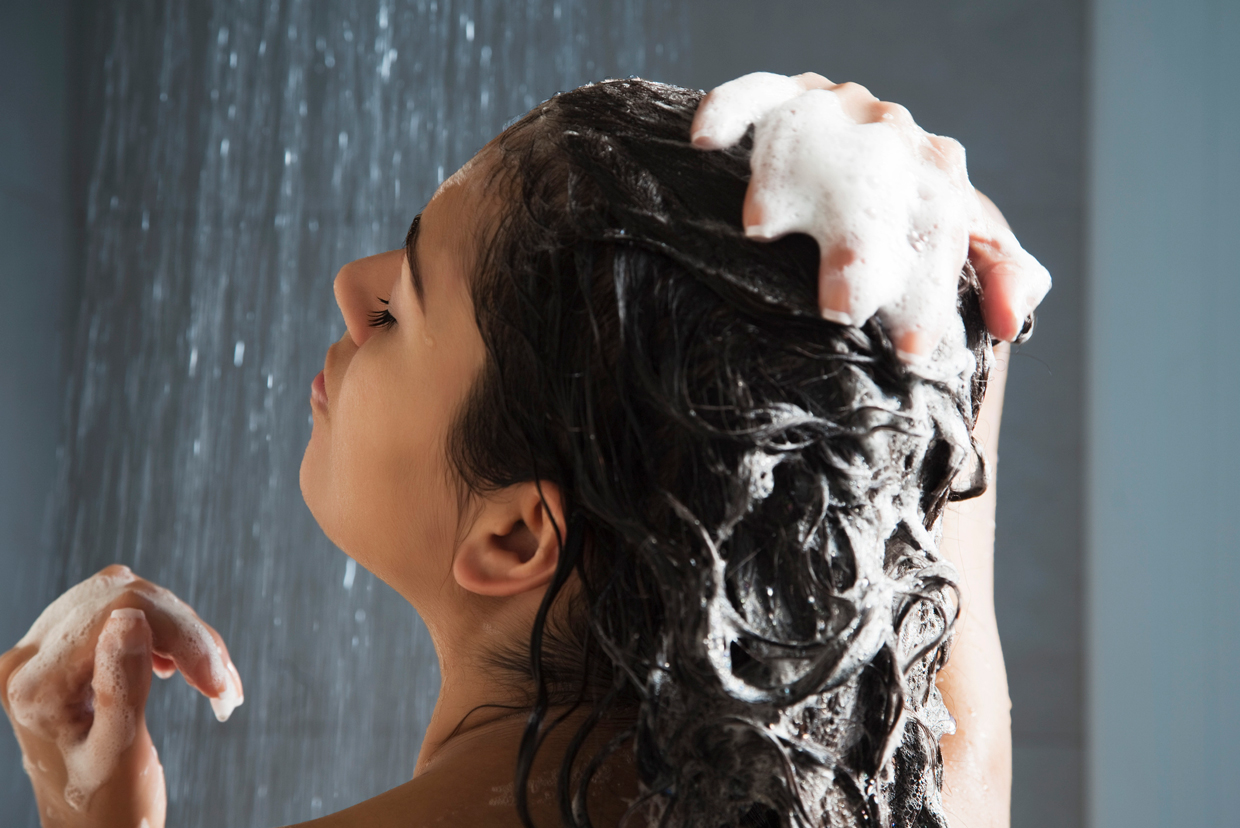
You may be tempted to wash your hair more often when it is greasy, but Dr. Morgan shares that this may be counterproductive. “Washing the hair excessively in the winter can dry out the scalp even more, in turn causing the production of more sebum,” she says. Instead, she recommends that you wash your hair every 2 to 3 days with a moisturizing shampoo that is free of harsh sulfates such as sodium lauryl sulfate, also known as SLS. “SLS, which although strips oil from the hair, will make the problem worse in the long run,” she explains. Dr. Morgan also advises using a scalp treatment weekly to help manage both sebum production and scalp health.
Make Stress Management a Priority
In order to control high cortisol levels that are linked to the skin’s excess oil production, Kingsley suggests incorporating stress management techniques into your routine. “For stress-related oiliness, stress management is a must,” advises Kingsley. She suggests options, such as yoga, pilates, meditation, walking, and mindfulness, to help keep stress at bay.
When to see a doctor
Although greasy hair can be managed by making a few changes to your lifestyle or styling routine, it is important to know that if it is accompanied by any other symptoms a trip to your dermatologist may be necessary. “If you are experiencing any other symptoms such as itching, redness, or scaling, it is best to see a dermatologist for an evaluation,” says Dr. Morgan, “There may be another underlying cause for the scalp issues.”
We only recommend products we have independently researched, tested, and loved. If you purchase a product found through our links, Sunday Edit may earn an affiliate commission.
